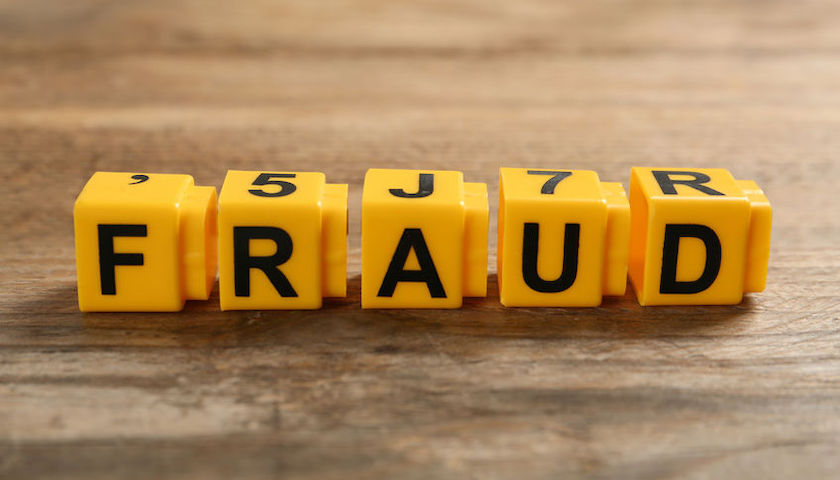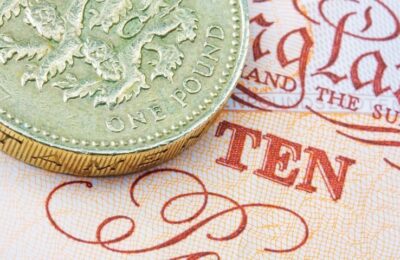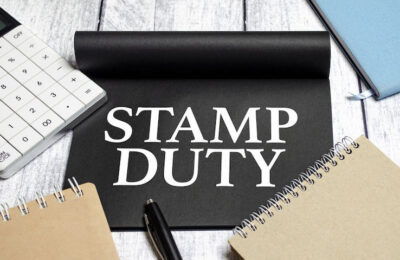Recently we reported how the UK’s tax gap – the amount of unpaid tax – stood at 4.8%. Given that this equates to some £36 billion, there’s little wonder that HMRC encourages reporting tax fraud.
Indeed, reporting tax fraud can be a lucrative business. According to research by international law firm RPC, HMRC paid out £509,000 to people who provided evidence of tax fraud during the year to 31st March 2023. This sum was up from £495,000 in 2021/22 andta up a staggering 75% from the £290,000 paid out five years ago.
Why reporting tax fraud is on the up
It’s hard to pinpoint exactly why HMRC has substantially increased the amount it pays to whistleblowers. However, given that the COVID-19 pandemic saw the introduction of schemes such as the Coronavirus Job Retention Scheme (‘furlough scheme’) and the Self-Employment Income Support Scheme (SEISS), it’s likely that fraudulent claims of these have contributed to increased whistleblower pay-outs.
How much does HMRC pay out to whistleblowers?
There is no fixed amount that HMRC will pay to tax fraud whistleblowers. Indeed, anything HMRC pays out is discretionary and dependent on the recovery of unpaid tax.
This contrasts with the system used in the USA. There the Internal Revenue Service (IRS) pays whistleblowers 15% to 20% of the tax recouped through investigations. This leads to high levels of tax fraud reporting. In 2022 the IRS paid $37.8 million to 132 whistleblowers. That’s an average of over $286,000 per claim.
How to report tax fraud to HMRC
When reporting tax fraud to HMRC, you can either fill in an online form or call its fraud hotline on 0800 788 887.
You can report all kinds of tax fraud and avoidance, from Income Tax and VAT to the concealment of assets in offshore bank accounts.
However, there is no guarantee that HMRC will pay you anything for reporting fraud. As RPC’s Adam Craggs points out:
“More individuals, with evidence of serious tax fraud, would come forward if they knew they could be in line for a life-changing amount of money.
“Paying a proportionate amount for high quality information that helps secure criminal convictions and the recovery of substantial amounts for the Exchequer would be a sensible step. HMRC has been making payments for information on an ad hoc basis for many years and would benefit from improving the system and placing it on a more formal basis.”
Certainly, it seems likely that more people would consider reporting tax fraud if they knew how much they’d be rewarded!
Keep your accounts in order!
Whistleblowers or not, one thing is certain – HMRC is devoting significant resources to clawing back unpaid tax. In the 12 months to the end of March 2023, HMRC’s fraud investigation service conducted 623 unannounced searches of business premises. Additionally, the taxman is cracking down on everything from undeclared AirBnb income to unpaid Inheritance Tax.
In this climate, it’s more important than ever to make sure your accounts are in order and that you’re paying the right amount of tax. At THP we can help you do this and also offer you tax planning services designed to help you legitimately reduce your tax bills.
About Jon Pryse-Jones
Since joining THP in 1978, Jon Pryse-Jones has been hands on with every area of the business. Now specialising in strategy, business planning, and marketing, Jon remains at the forefront of the growth and development at THP.
An ideas man, Jon enjoys getting the most out of all situations, “I act as a catalyst for creative people and encourage them to think outside the box,” he says, “and I’m not afraid of being confrontational. It often leads to a better result for THP and its clients.”
Jon’s appreciation for THP extends to his fellow team members and the board. “They really know how to run a successful business,” he says. He’s keen on IT and systems development as critical to success, and he continues to guide THP to be at the cutting edge and effective.
Read more about Jon Pryse-Jones More posts by Jon Pryse-Jones











